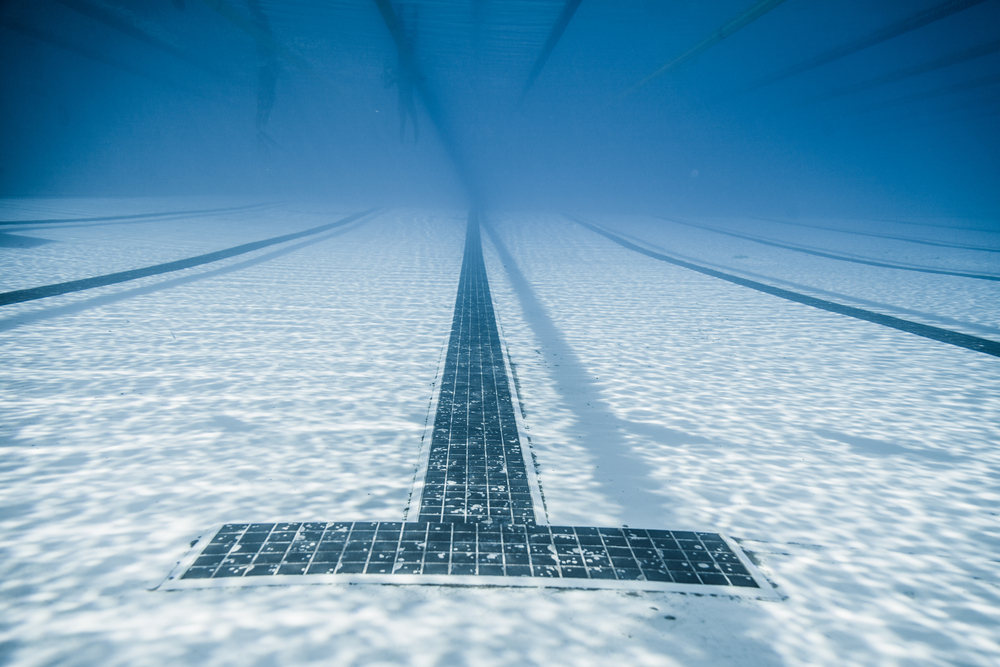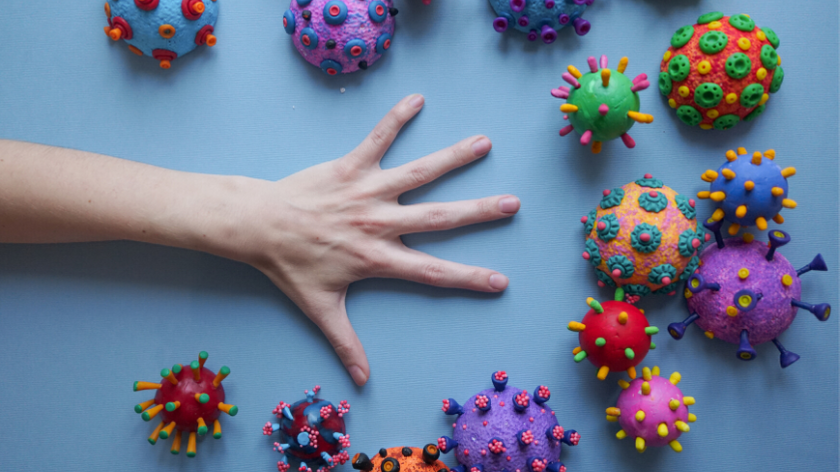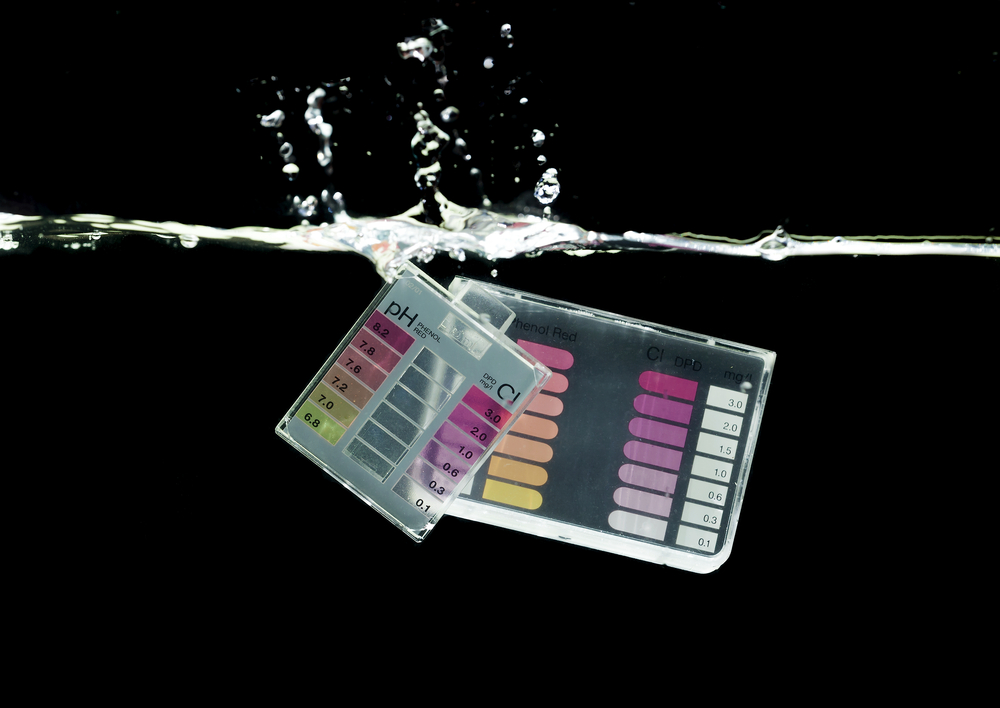Airborne Disinfection: What can stop the Coronavirus?
At the time of writing this, the world seems to be in chaos. Events are being canceled across the world, and the economic impact is undeniably real. NCAA championships are cancelled for all spring sports. The NBA and NHL are suspended indefinitely. It has exposed us to a taste of what it is like when our modern industrialized society is met with a grinding halt to commerce. So what can we do?
The World Health Organization has officially called the COVID-19 Coronavirus a global pandemic. And while medical experts insist it's just like the common flu, or even less severe, its contagiousness is out of control. It seems the fear, panic and outright hysteria over the Coronavirus is worse than the virus itself. Especially since they say it can be transmitted easily through the air.
And that is what inspired this article.
What kills airborne viruses?
Ozone
O3 is an extraordinarily powerful oxidizer and sanitizer. It destroys pathogens on contact. In water, some ozone systems are certified by the NSF to kill hardy pathogens like cryptosporidium in just one pass. According to renown Ozone expert, Beth Hamil, Ozone has been used for years in commercial and industrial buildings to disinfect through the air.
Ozone could be a viable solution for hospitals, schools, YMCAs and other commercial buildings.There are a few ways [Ozone can help disinfect a building]. 1) Run it through the HVAC and have the building unoccupied. 2) Operate it in the HVAC and have a carbon filter (Ozone destruct) on the effluent side. And 3) Use aqueous Ozone to spray down surfaces. Numbers 1 and 3 are commonly done in food processing plants. - Beth Hamil
Aerosol Hydrogen Peroxide (H2O2)
Like Ozone, hydrogen peroxide (H2O2) is a powerful oxidizer that can disinfect too. Hydrogen peroxide can be sprayed around a room in an aerosol form, using a pretty cool system that rotates 360º while spraying. Here's a video:
We have never seen one of these in operation, so we cannot personally attest to its effectiveness. It is, however, marketed as a thorough disinfectant. We thought it was worth mentioning. That said, it appears this system is designed to disinfect only one room...and a small room at that. For a recreation center with an indoor swimming pool, it probably is not the right fit. Ozone in the HVAC sounds like a much more scalable solution to treat multiple rooms at once.
Can the Coronavirus spread in swimming pools?
 This is a very common question in the aquatics business over the past couple of weeks, and for understandable reasons! Can COVID-19 be transmitted through water? The truth is we don't know enough to answer this question yet. But there is good news! The CDC has said there is no evidence that COVID-19 can be spread through the use of pools and spas:
This is a very common question in the aquatics business over the past couple of weeks, and for understandable reasons! Can COVID-19 be transmitted through water? The truth is we don't know enough to answer this question yet. But there is good news! The CDC has said there is no evidence that COVID-19 can be spread through the use of pools and spas:
Can the COVID-19 virus spread through pools and hot tubs?
There is no evidence that COVID-19 can be spread to humans through the use of pools, hot tubs or spas, or water playgrounds. Proper operation, maintenance, and disinfection (e.g., with chlorine and bromine) of pools, hot tubs or spas, and water playgrounds should inactivate the virus that causes COVID-19.
This makes sense, because if what we know about chlorine and secondary water disinfectants–like UV and Ozone–is true, Coronavirus should be easy to kill in the water. Doctors are saying Coronavirus is no worse than the common influenza, albeit more contagious. Chlorine can easily kill/deactivate influenza, and so can ozone and UV secondary systems. We can only hope a well-maintained swimming pool can stop the transmission of the Coronavirus too.
Swimming pools should be a relatively safe place, considering bathers are submerged in chlorinated water, and the likelihood of transmission through the water is very low. But again, we just do not know enough at this time.
According to Richard Falk, during a podcast interview, the larger risk is swimmers coughing near each other in the pool; not the disease spreading through the water itself.
Conclusion
We wrote this article because it is currently a very important topic, and we have received many questions. As you probably know already, we focus on indoor air quality for swimming pools, but that is almost always focused on disinfection byproducts (DBPs) like airborne chloramines. Chloramine vapor is heavier than oxygen and behaves accordingly...a pathogen like Coronavirus does not behave the same way. So this topic is a bit out of our wheelhouse. Nevertheless, it is an air quality topic, and we thought we would share some of the technologies we know about that can help.
From an air quality perspective, more outside air may be recommended for improved ventilation.
If you have questions about getting an Ozone system, we can put you in touch with some of the manufacturers. They can answer specific questions, and know far more than we do. Thanks for your time, stay safe out there, and let's all learn from this global pandemic.
Related: Pool Air Quality Resources

 By
By


